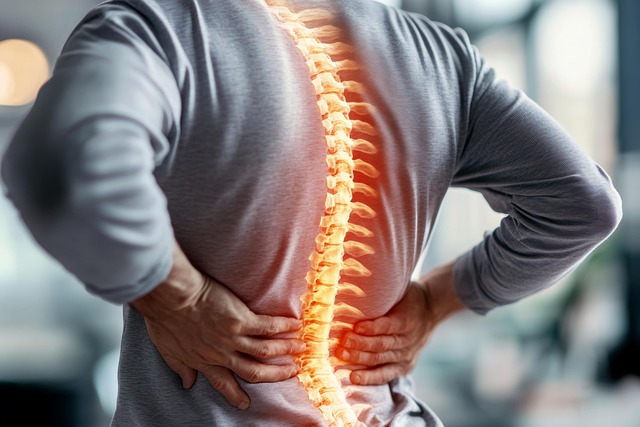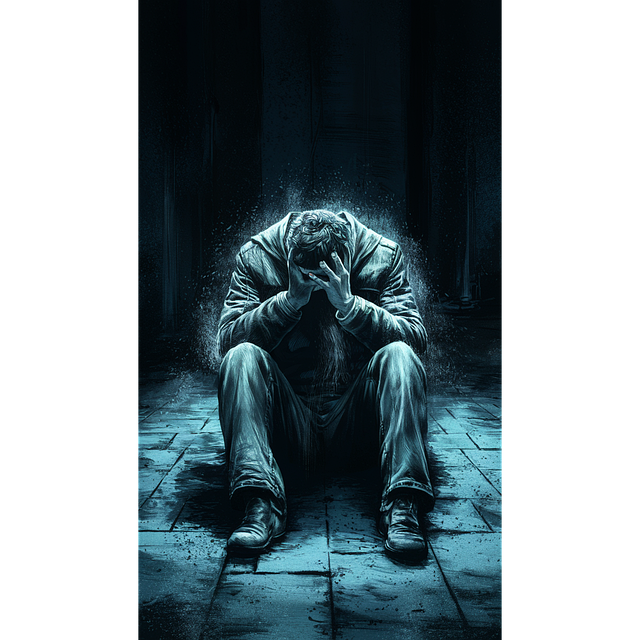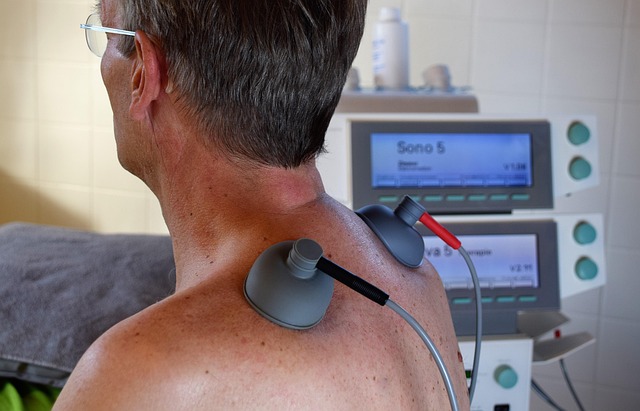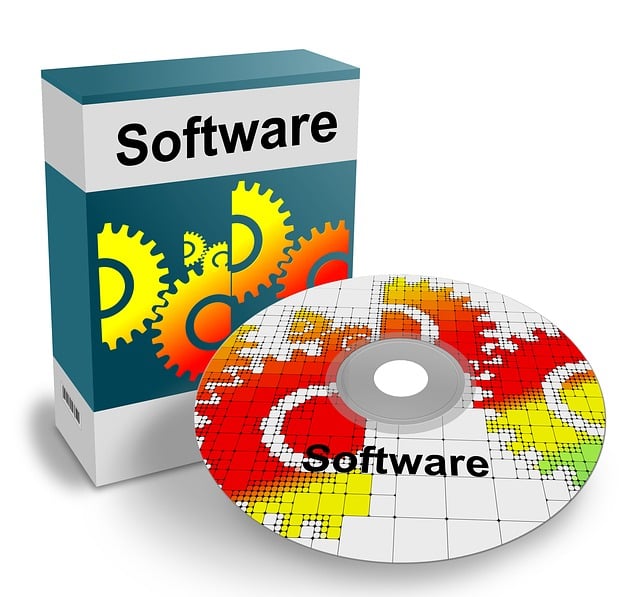Chiropractic management offers a non-invasive, holistic approach to treating herniated discs caused by post-car crashes. Techniques like spinal adjustments and soft tissue therapy reduce pain, improve mobility, and restore disc function while preserving structural integrity and promoting neural healing. Chiropractors create personalized treatment plans that include regular adjustments, exercises, and education on posture, ergonomics, and lifestyle modifications to prevent future injuries, providing both immediate relief and long-term health benefits as an alternative to surgery.
Discover the transformative power of non-invasive disc rehabilitation, a comprehensive approach aimed at easing pain and restoring function. This method, often led by chiropractors, offers hope for those suffering from herniated disks after car crashes.
Learn about effective strategies, including chiropractic management techniques, designed to alleviate symptoms without surgery. Explore the benefits and gain insights into how this holistic treatment can empower individuals on their journey towards a pain-free life.
- Understanding Non-Invasive Disc Rehabilitation: A Comprehensive Approach
- Chiropractic Management for Herniated Disks Post-Car Crash
- Effective Strategies and Benefits of Non-Surgical Disc Therapy
Understanding Non-Invasive Disc Rehabilitation: A Comprehensive Approach

Non-invasive disc rehabilitation is a comprehensive approach designed to address issues related to herniated discs, often stemming from incidents like post-car crashes. This method focuses on minimizing intervention while maximizing natural healing capabilities. Chiropractic management plays a pivotal role in this process by manipulating the spine and supporting the body’s inherent self-healing mechanisms.
Chiropractors utilize various techniques such as spinal adjustments, soft tissue therapy, and exercises to reduce pain, improve mobility, and restore the normal function of the affected discs. Unlike surgical options, non-invasive disc rehabilitation prioritizes preserving the intervertebral disc’s integrity while promoting structural stability and neural integrity. This holistic approach considers not just the physical aspects but also includes patient education on posture, ergonomics, and lifestyle modifications to prevent future injuries.
Chiropractic Management for Herniated Disks Post-Car Crash

After a car crash, chiropractic management can play a significant role in treating and rehabilitating herniated disks. Chiropractors utilize a range of non-invasive techniques to address the pain and dysfunction caused by disk herniation, which commonly occurs due to the sudden jolt and impact during an accident. These methods include manual adjustments, targeted exercises, and therapeutic modalities such as heat or cold therapy.
The goal of chiropractic management for post-car crash injuries is to reduce nerve irritation, restore joint mobility, and promote natural healing. Chiropractors carefully assess the patient’s condition, creating a personalized treatment plan that may involve regular adjustments, soft tissue therapy, and guidance on at-home care. This holistic approach aims to alleviate pain, improve spinal function, and prevent further damage to the herniated disk.
Effective Strategies and Benefits of Non-Surgical Disc Therapy

Non-invasive disc rehabilitation offers a promising approach for managing herniated discs, especially following a post-car crash injury. Chiropractic management plays a pivotal role in this process by employing various effective strategies. Adjustments to the spine, gentle exercises, and specific stretching techniques are commonly used to reduce pressure on the affected area, promote healing, and restore function. These methods not only alleviate pain but also enhance overall spinal health.
The benefits of non-surgical disc therapy extend beyond immediate relief. It empowers individuals to take control of their recovery, fosters better posture, and improves overall mobility. This holistic approach reduces the risk of future injuries, enhances quality of life, and provides an alternative solution for those seeking to avoid surgical intervention.
Non-invasive disc rehabilitation offers a comprehensive solution for managing conditions like herniated disks, especially after a car crash. Chiropractic management plays a pivotal role in this approach, providing effective strategies to alleviate pain and restore function. By combining manual adjustments, exercises, and patient education, chiropractic care can significantly improve outcomes for individuals suffering from herniated discs post-car crashes. Embracing non-surgical disc therapy not only reduces the risk of invasive procedures but also empowers patients with long-term relief and improved quality of life.














